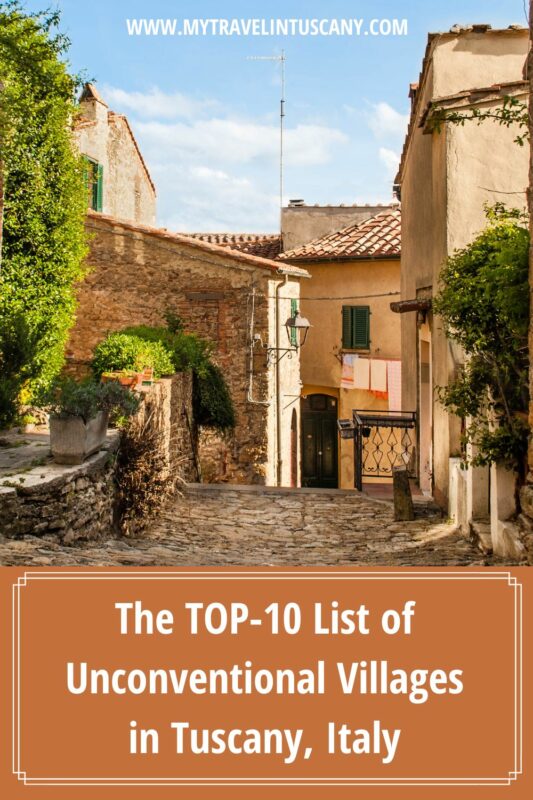Tuscany is renowned for its diverse experiences and attractions, making it a world-famous destination, particularly for its exquisite food and wine. Besides the major cities that boast rich history and art, there are many charming villages in Tuscany where you can rejuvenate your body and spirit if you know where to seek them out.
This article will take you on a virtual journey through ten lesser-known villages in Tuscany, away from the usual tourist paths.
If you’re still looking for more, we have additional suggestions. You can visit the beautiful beaches along Versilia, the Etruscan Coast, or explore the Maremma region. Alternatively, consider taking a ferry to one of Tuscany’s seven stunning islands. If you visit in winter, you can also enjoy several delightful ski resorts in the Apennines.
Top Ten Unconventional Tuscany Villages to Explore
We’ve previously highlighted the most popular villages in Tuscany. For our selection of those, please refer to this article:
THE 10 MOST BEAUTIFUL VILLAGES IN TUSCANY
Now, moving from north to south, here is our selection of ten alternative villages in Tuscany to visit.
Villages on the Tuscany Map
Pontremoli
Pontremoli is a delightful village in Lunigiana, nestled at the base of the Tuscan-Emilian Apennines. Historically, it served as a stop for pilgrims on the Via Francigena, which hikers can still traverse today.
Here are useful tips about the map and itinerary of the Via Francigena.
Pontremoli derives its name from the Latin term Ponte Tremulus, meaning “wobbly bridge.” The village is famous for the Castle of Piagnaro, which houses the Statue Stele Museum, showcasing ancient menhir statues whose meanings remain mysterious. Be sure to stroll through the village center and indulge in local dishes such as Testaroli and Sgabei.
Castelnuovo Garfagnana
Located in the lush region of Garfagnana, you will discover the charming hamlet of Castelnuovo Garfagnana. Its iconic symbol is the Rocca Ariostea, an ancient fortress that served as the residence of the famous Italian poet Ludovico Ariosto from 1522 to 1525.
Montecarlo
Just 15 km (9 miles) from Lucca, Montecarlo is perched atop a hill overlooking the valley. This village is famous for its delicious red and white wines, stunning landscapes, its fortress, and the world’s smallest theater. Don’t forget to see the modern oak of witches, a magnificent centuries-old tree standing 24 meters (78 feet) tall and 4 meters (13 feet) wide.
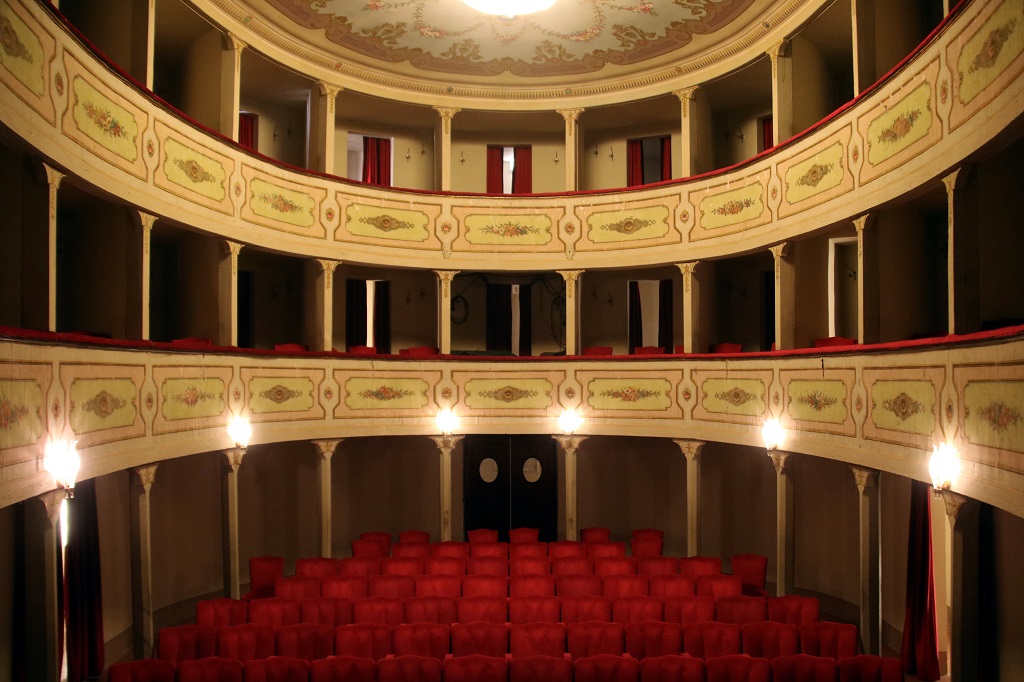
Vinci
The birthplace of the Renaissance genius Leonardo da Vinci is perched on a hill in the province of Florence. The historic center is dominated by the unique Castello Guidi, known as the Ship Castle for its resemblance to a ship, complete with its tower resembling a mast. This complex houses a museum dedicated to Leonardo, featuring some of his drawings, inventions, and machines. Additionally, just a short distance from the village is the house of the genius.
Montescudaio
Montescudaio is a village celebrated for its renowned red wine traditions and is considered one of Italy’s most beautiful hamlets. Situated on a hill just a few miles from the Etruscan Coast, it offers panoramic views of the Mediterranean Sea and the surrounding islands from the terrace in front of the church on sunny days.
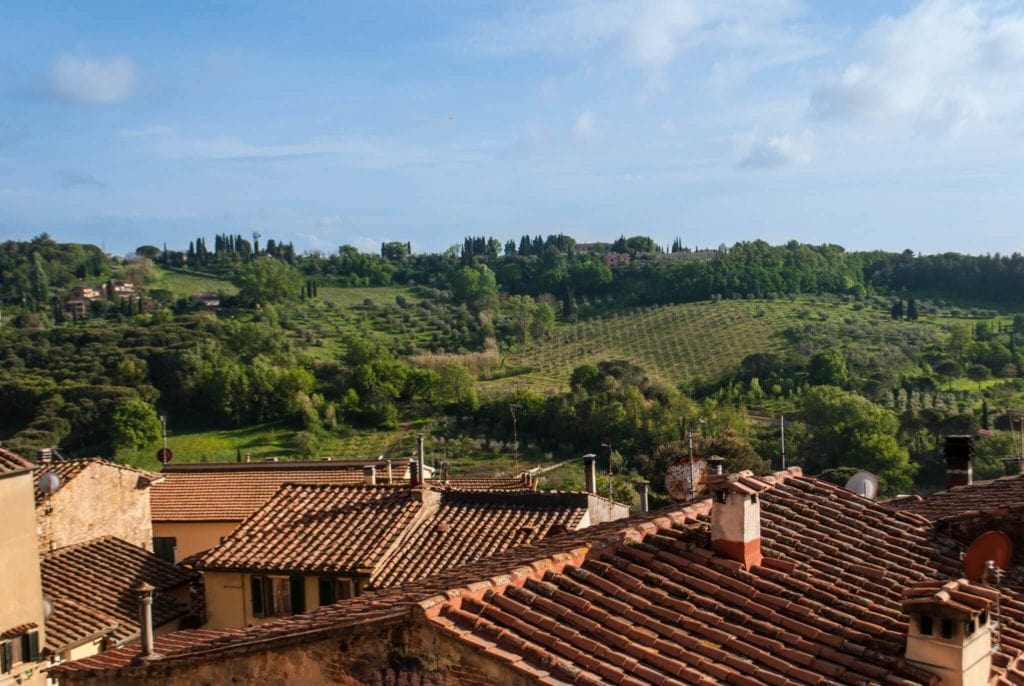
Montefioralle
The quaint hamlet of Montefioralle is located in the municipality of Greve in Chianti. With origins tracing back to 1100, it’s one of the oldest villages in Chianti. Built around a castle, Montefioralle is still surrounded by its original fortified walls. Stroll through its narrow streets and visit the Church of Santo Stefano. Before you leave, don’t forget to savor some local cuisine with a glass of Chianti Red.
Massa Marittima
Massa Marittima is a stunning hamlet filled with art, recognized as one of Tuscany’s architectural gems. Key characteristics of medieval cities are evident here, particularly in the main square of the old town, which features significant buildings such as the Dome, the Palace of the Podestà, the town hall, the market loggia, the mint, and the public spring. Ascend to the new city to discover the impressive fortress and the Clock Tower.
Buonconvento
Nestled in the stunning lunar landscape of the Crete Senesi, the small village of Buonconvento emerged along the Via Francigena during medieval times. Its name, derived from the Latin Bonus Conventus, translates to lucky and happy place. The village consists of a single main street, now called Via Soccini, which runs from north to south, connecting the two entrances of its fortified walls.
San Quirico d’Orcia
San Quirico d’Orcia is one of five charming villages in the Val d’Orcia region known for its UNESCO World Heritage status since 2004. The village boasts ancient Etruscan roots and medieval architecture, characterized by narrow cobblestone streets and the Romanesque parish church of the Collegiata. Additionally, the magnificent gardens of Horti Leonini are worth a visit.
The picturesque surroundings of San Quirico offer some of the best photographic scenery in the Val d’Orcia, featuring wheat fields and cypress trees dotting the gently rolling hills. The little chapel of Vitaleta stands out like a precious gem in this picturesque landscape. The municipality also includes the famous Bagno Vignoni, known for its unique central square and natural hot springs.
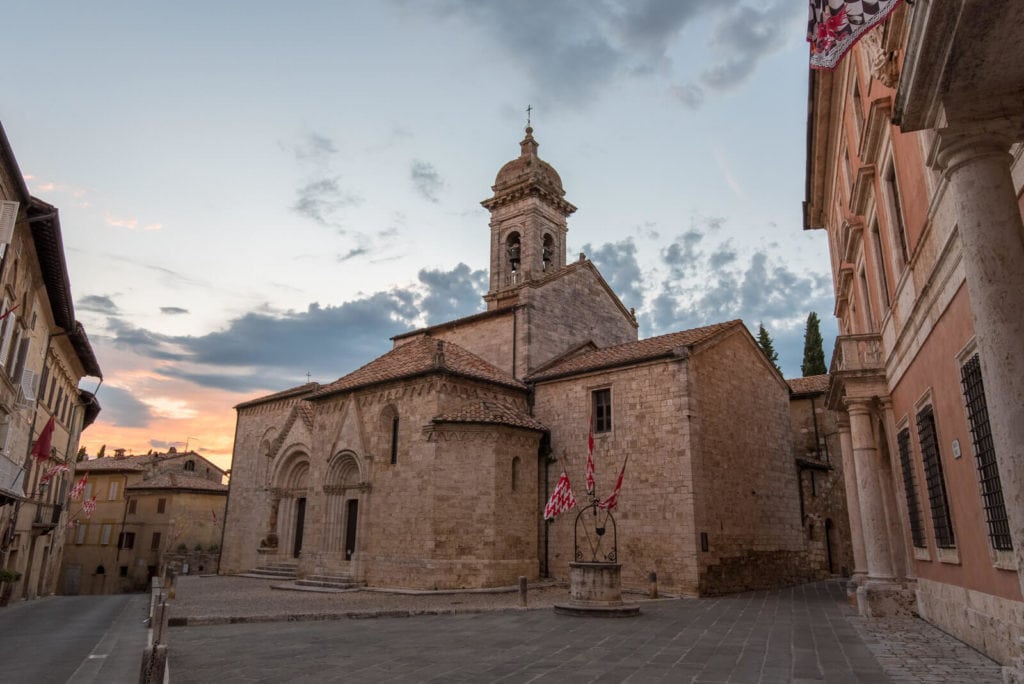
Monterchi
Monterchi is a medieval village perched atop Monte Ercole (Mount of Hercules) in the Valtiberina, straddling the boundary between Tuscany and Umbria. It is famous for housing one of the Renaissance’s most important frescoes—the Madonna del Parto, created by the renowned artist Piero della Francesca in honor of his mother, a native of Monterchi. Nearby, the town of Sansepolcro hosts the traditional Crossbow Games in its historic center during the first two weeks of September, a festival that dates back to 1594.
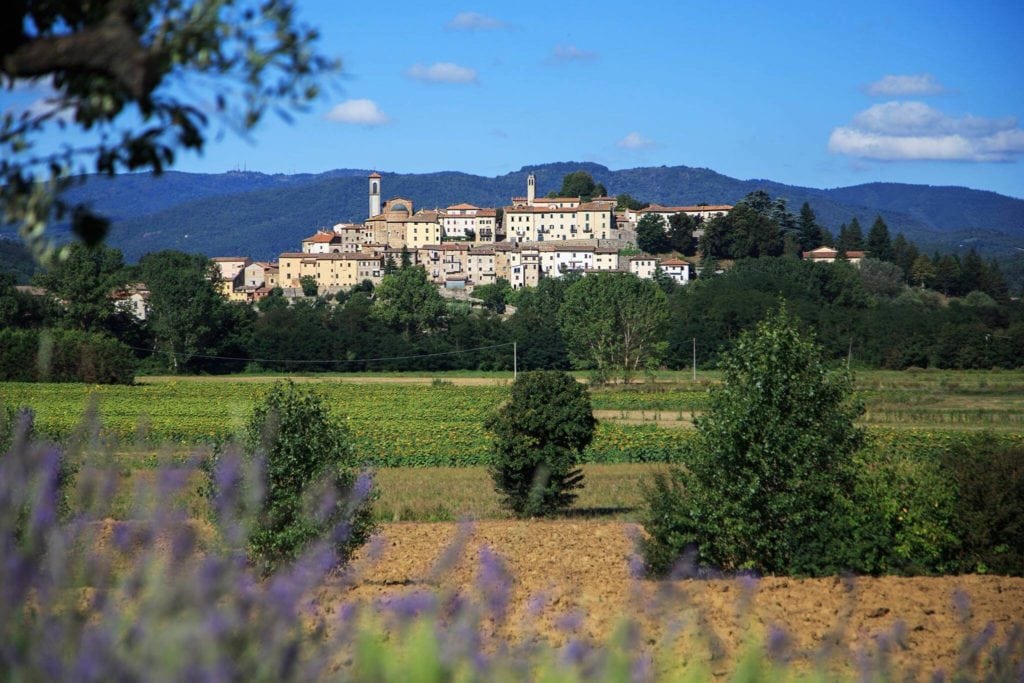
This list of ten charming Tuscany villages only scratches the surface of the many unconventional gems waiting to be discovered throughout the region. Feel free to share any hidden villages you’ve found in the comments below, but keep it a secret.
Pin It For Later!
